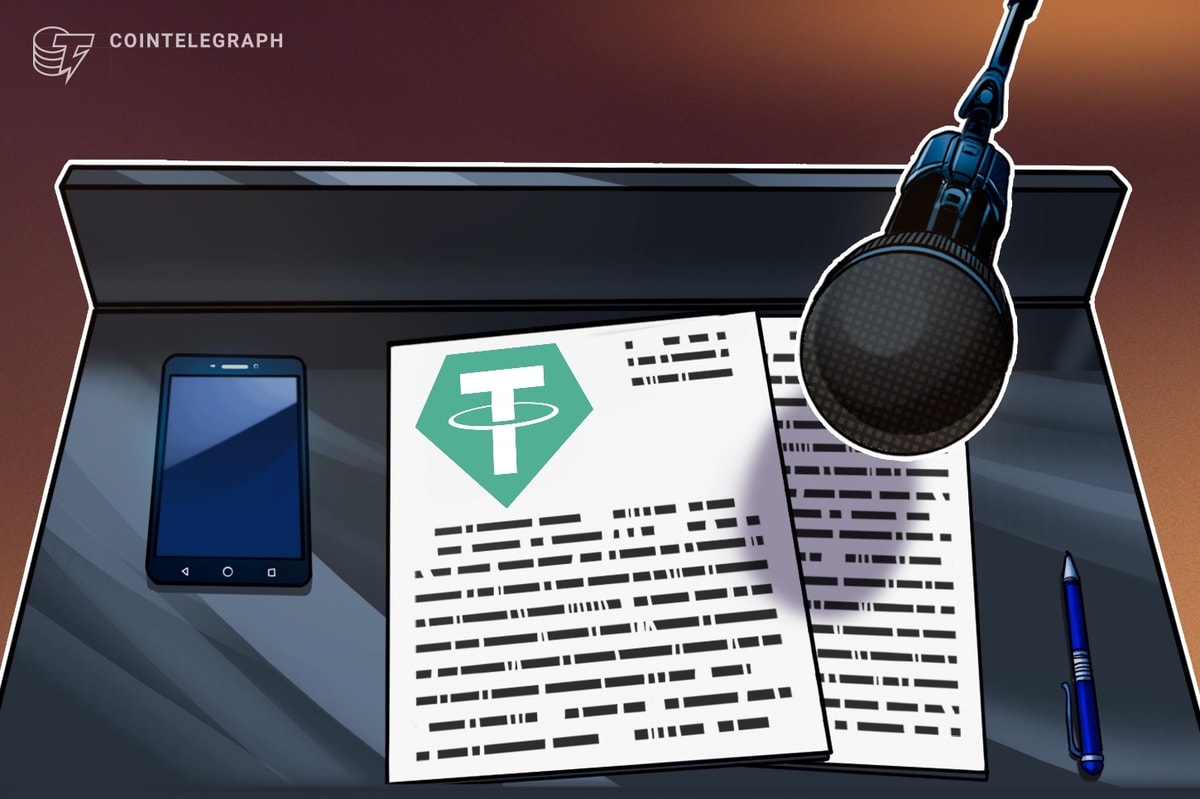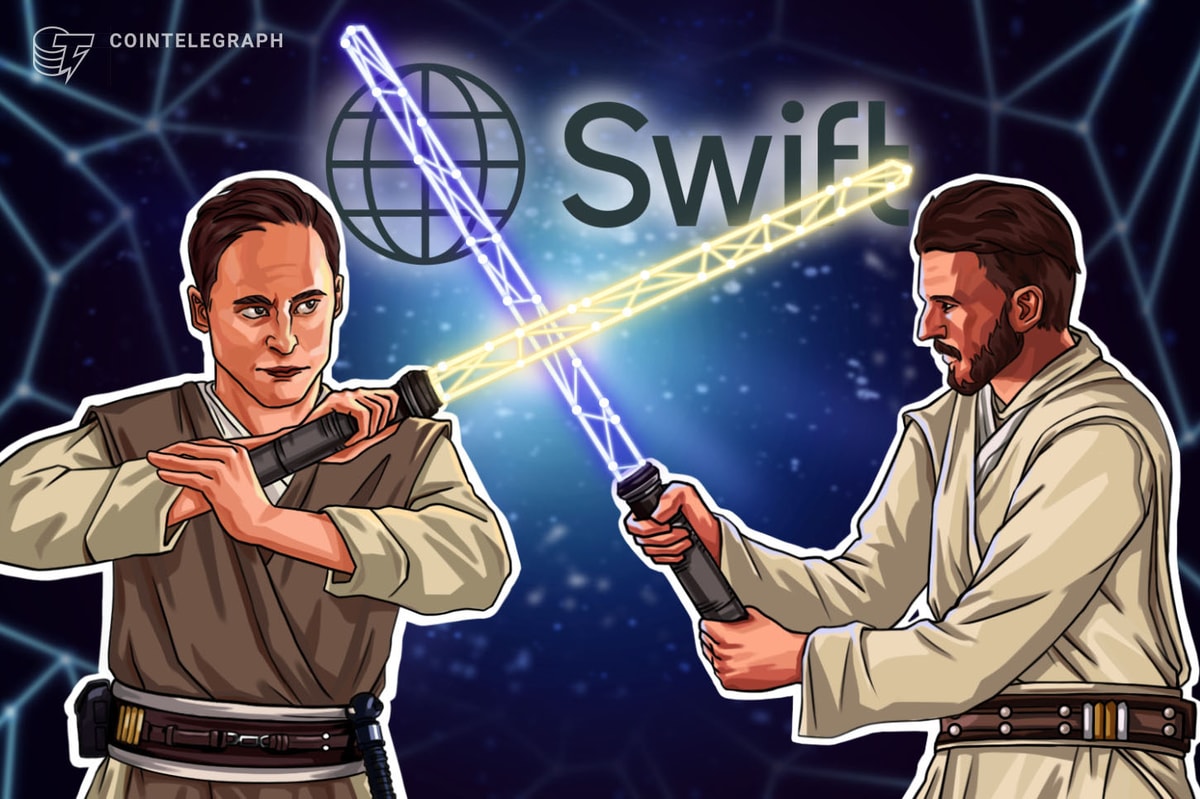Stablecoins like USDt have grow to be the de facto forex for thousands and thousands of individuals navigating a crumbling monetary system in Venezuela because the nation’s annual inflation charge surges to 229%.
Once restricted to crypto-savvy customers, Tether’s USDt (USDT), typically referred to domestically as “Binance {dollars},” is now extensively used throughout Venezuela for every little thing from groceries and apartment charges to salaries and vendor funds, Mauricio Di Bartolomeo, who fled Venezuela earlier than co-founding Ledn in 2018, advised Cointelegraph.
The bolívar, Venezuela’s nationwide forex, is essentially lifeless in every day commerce. Hyperinflation, strict capital controls, and a fractured change charge panorama drive a rising desire for stablecoins over money or native financial institution transfers.
There are at the moment three charges for the US greenback in Venezuela. The official Central Bank charge (BCV) is 151.57 bolívars per USD, the parallel market charge is 231.76, and the USDt charge on Binance is 219.62. USDt’s liquidity and reliability make it probably the most used charge amongst distributors and customers.
“People and firms choose to cost their items and providers in USD, and obtain cost for a similar in USD,” Di Bartolomeo mentioned. He famous that USDt now capabilities as each a greater greenback and a monetary equalizer throughout social courses.
Related: Venezuela’s crypto adoption surges amid inflation and forex collapse
Venezuela ranks #9 in per capita crypto use
According to Chainalysis’ 2025 Global Crypto Adoption Index, Venezuela ranks #18 globally and #9 when adjusted by inhabitants. Stablecoins accounted for 47% of all Venezuelan crypto transactions below $10,000 in 2024, and general crypto exercise rose 110% final 12 months.
Di Bartolomeo mentioned that even routine bills like apartment charges, safety providers, and gardening are actually quoted and paid in stablecoins. From small bodegas to mid-sized companies, USDt has changed fiat money because the settlement technique of alternative.
Larger state-controlled entities stay tethered to the BCV change charge, however most market members choose the Binance greenback’s effectivity and accessibility.
Venezuela’s government-imposed capital controls have additionally led to parallel markets for overseas forex and digital belongings. Official USD allocations are reportedly handed to regime-connected corporations, who resell {dollars} at parallel charges for revenue.
“Capital controls additionally create a parallel marketplace for money and stablecoins, as financial actors refuse to just accept the nugatory native forex for cost,” Di Bartolomeo mentioned. “If and once they reluctantly settle for it, they rush to commerce it into stablecoins or USD.”
Related: Venezuela blocks Binance, X amid presidential election dispute
Crypto rises the place fiat fails
In international locations going through financial instability and capital controls, crypto adoption is accelerating as individuals search for options to failing currencies. Venezuela, Argentina, Turkey and Nigeria comply with an identical sample, with locals turning to stablecoins amid hovering inflation.
Di Bartolomeo mentioned that after the US enacted its newest batch of sanctions on Venezuela, together with its oil sector, some native banks additionally turned to stablecoins.
“Oil firms and different industries are additionally more and more pivoting to them,” he mentioned. “Reportedly, a restricted variety of native banks have began promoting USDt to some companies in change for bolivars to keep away from restrictions.”
Magazine: Bitcoin is ‘humorous web cash’ throughout a disaster: Tezos co-founder









